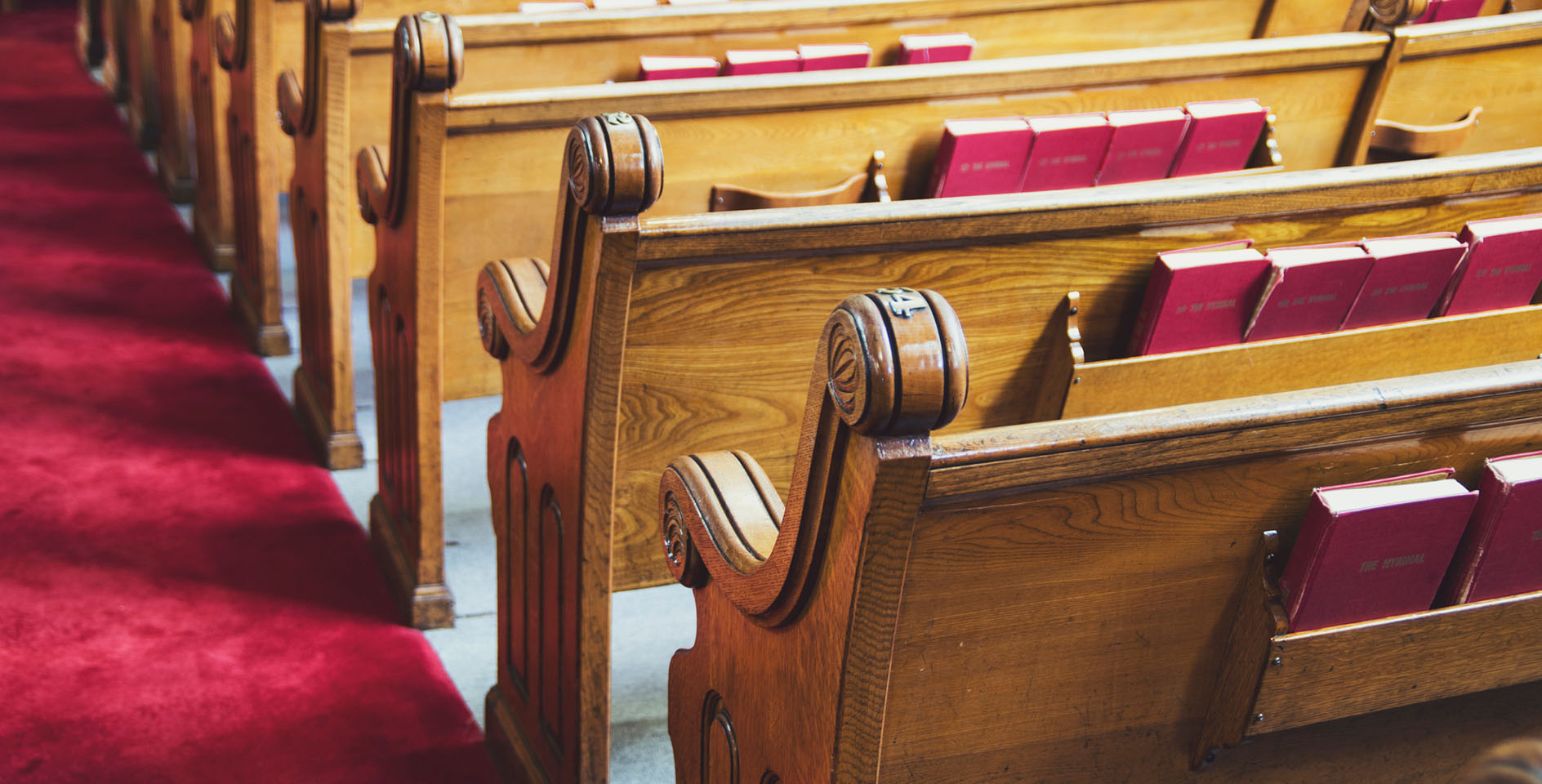This past Sunday, the Houston Chronicle released an investigative piece detailing sexual abuse cases of leadership in Southern Baptist churches over the last 20 years. When news hit social media that the article would be forthcoming, my heart skipped a beat. With minimal clicks, I found the Chronicle’s promotion video for the article that included dozens of minister’s mugshots.
Scanning row by row, my heart sunk to see the familiar eyes of my ex-husband, on the third row from the bottom looking back at me—one of the approximately 220 abusers who reporters found records for, all of whom have either been convicted or took a plea deal. An all-too-familiar wave of nausea, anxiety, and grief washed over me.
On Aug. 12, 2009, my husband, a 19-year veteran of full-time church ministry, left our parsonage explaining that he needed to prepare for a meeting at church.
A blatant lie.
The truth was that he was reporting to the local Sheriff’s department, for questioning.
I went about my morning routine having absolutely no idea that, just a few blocks away, my husband was trying to justify his heinous, sexual abuse crimes. I did not realize on that hot, August morning that our entire world was shattering into a million pieces. Life for me, our four children, the two young victims, and our church community would be forever altered.
How do you explain to your children when sexual sin has been committed by the man whom they call “daddy”? What words can comfort victims who trusted a manipulative leader who twisted Scripture to justify the violent violations they suffered? And, how does a church respond to such a crisis?
My church was present from the beginning
Upon hearing the horrific news, our church cancelled regular activities and spent Wednesday night grieving together. Shock, anger, and disbelief hit this steadfast body of Christ with the force of a tidal wave.
My church had a decision to make in those early hours—one that would set the course of either justice or sinful cover-up. Would they choose love over a tainted reputation? Would they choose healing or destruction? In those dark moments, my church wisely made the decision to run to God, their only hope.
The testimonies of two incredibly brave, precious victims, along with irrefutable evidence led to Jack’s arrest on 18 felony counts. He admitted guilt and was ultimately sentenced to 17 years in prison.
It was a high-profile media case not only in Virginia, but across the nation. My family hid as media trucks sat in our church parking lot. It was terrifying. I made plans to leave the area. I was deeply ashamed. How had I not seen this coming? How was I going to provide for my children? How could I help the victims? Where would we go?
Where was God?
My church stood beside me throughout those first and worst days, protecting my children and me, providing us a safe place to hide, and helping me think through all the decisions that had to be made. Church leaders relayed hundreds of messages of love and concern to me from members. Despite their hospitality, I wanted to run.
On what I expected to be my last Sunday at the church, I quietly slipped into place after the worship music began. My plan was to flee, to leave between the sermon and the offering, never to see them again. However, that was not God’s plan.
My church pursued me
Following the sermon, an older couple left their seats and approached me. They took my hands in theirs and told me that they loved me. They were followed by students, deacons, choir members, and friends. One by one, they grieved with me out of their love for me and my family. Some spoke words. Some slipped money into my trembling hand. I shook, not with tears, but with the sheer magnitude of grace. The line stretched down the aisle and around the sanctuary as people expressed sorrow, grief, and concern for my children. Some said nothing at all, but looked me in the eyes and communicated what a thousand words could not say. My entire soul was enveloped in their love, sorrow, grace, and mercy. I was not alone.
My church continued to care for me and my family
The church never left our side. They encouraged us to stay in the community. They healed alongside of us. They provided us the parsonage to live in and job leads for me. They helped me write a resume after 18 years of being a pastor’s wife and a stay-at-home mom. They gave my children Christmas that year, and the next, and the next. They could have turned their backs on us; instead, there was an outpouring of Christlikeness. They allowed us to heal at God’s speed. They were my family.
Where they lacked expertise, they recruited helpers. Consultants and counselors provided services to the body. There was never talk of cover-up, maintaing an image, or protecting their reputation. They continued to point people to our only hope in the midst of darkness—our sovereign God.
There are still hard days today, but there has been tremendous healing. There is still deep grief for everyone whose lives were impacted. There will always be grief, but there is also hope, redemption, and joy—real joy. In the lives of the victims, my children, my church family, and in my own soul. God is restoring the years that the locusts have eaten (Joel 2:25).
Because of the redeeming power of the gospel, there is also the ability to say that it is well with our souls. We are learning the hard work of grief in preparing for an “eternal weight of glory” (2 Cor. 4:16-18). He is truly the God who sees and knows (Ex. 2:25) and never abandons or forsakes us(Deut. 4:6), and neither should the church.
My church set a powerful example for others to follow as these stories continue to emerge. Let’s be a people who are present, pursue, and care for our people. Let’s be a people who point others to the only hope in the midst of the darkness: Jesus.










